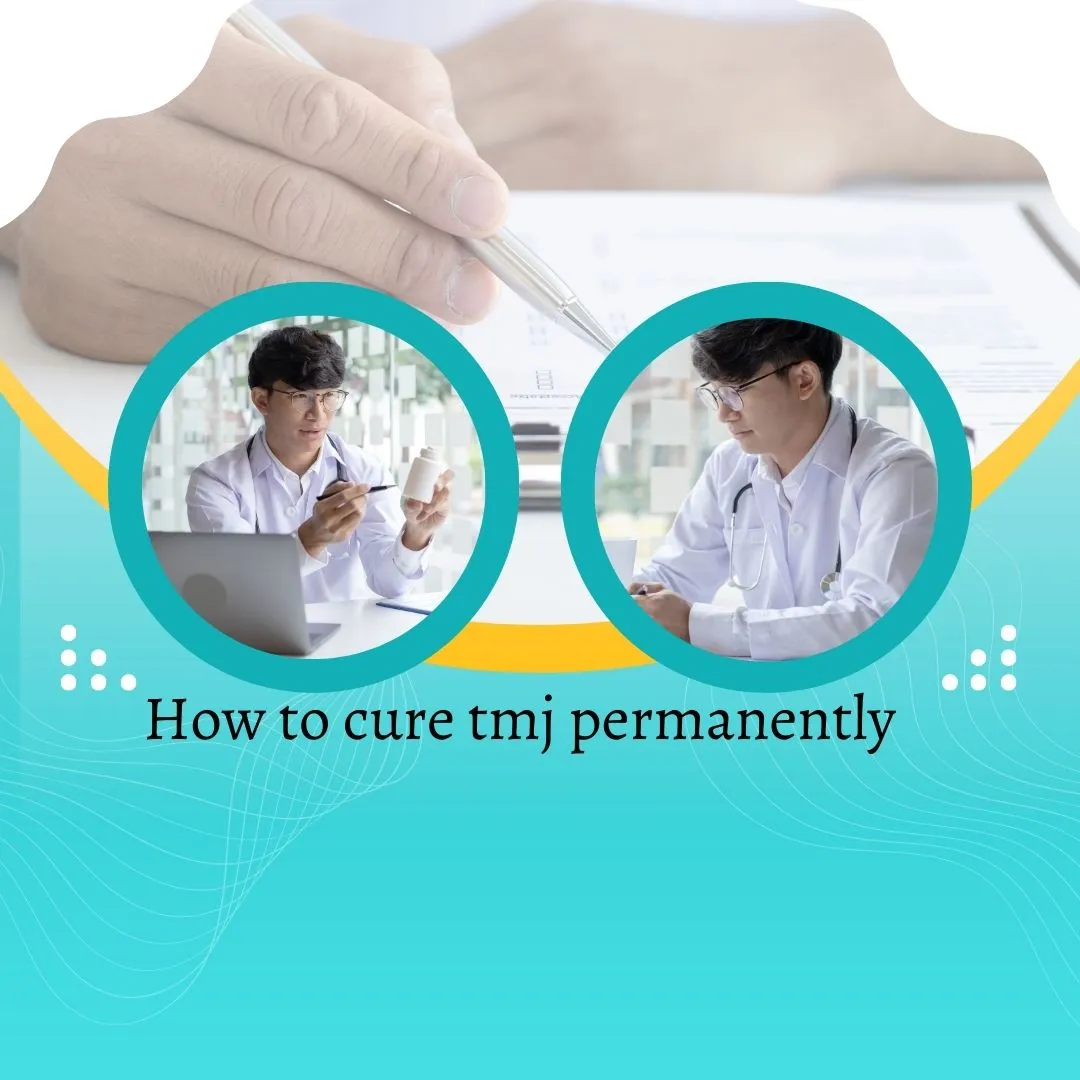The human body undergoes numerous changes throughout life, and sexual health is no exception. One of the common concerns that may arise is the age at which a man may experience difficulties achieving and maintaining an erection, commonly referred to as “getting a hard-on.” While it is natural for sexual function to evolve with age, it is important to understand that there is no definitive age at which men universally stop getting an erection.
Rather, the ability to achieve and sustain an erection can be influenced by a multitude of factors, including physiological, psychological, and lifestyle-related elements. In this discussion, we will explore the factors that can affect erectile function as men age, shedding light on the complex nature of sexual health and emphasizing the importance of overall well-being in maintaining a satisfying sexual life.
What is the cause of age related erectile dysfunction?
As previously mentioned, experiencing some form of erectile dysfunction as you age is a common occurrence. Moreover, erectile dysfunction can manifest in different ways. For instance, some men may only occasionally achieve an erection when they intend to have sexual activity, while others may have no trouble getting hard but struggle to maintain an erection long enough for satisfying sexual experiences. Severe cases of erectile dysfunction can make it difficult or even impossible to achieve an erection at any time.
Various health-related factors can contribute to erectile dysfunction, ranging from mental health conditions like anxiety or depression to certain medications, including antidepressants, ulcer drugs, and prescription sedatives. Lifestyle choices such as sedentary behaviour, smoking, or excessive alcohol consumption can also play a role in developing erectile dysfunction as you age.
The primary causes of age-related sexual dysfunction are typically related to physical health issues, which become more prevalent as you grow older. Healthy nerve function and blood flow are crucial for erections. When you experience sexual arousal, nerve signals promote the relaxation of the muscles in the penis, facilitating increased blood flow and resulting in the expansion and firmness of the erectile tissue.
However, without proper nerve function and healthy blood vessels, achieving and maintaining an erection becomes more challenging. As you age, many conditions affecting blood flow become more common, especially in your 40s and 50s. Peripheral arterial disease (PAD), characterized by a gradual buildup of plaque in the blood vessels, is a common risk factor for erectile dysfunction that tends to increase in prevalence during the 50s. Other cardiovascular conditions like hypertension and heart disease, which contribute to erectile dysfunction, are also more prevalent in middle-aged and older men.
Diabetes, another age-related health issue, is linked to erectile dysfunction and becomes more prevalent as you age. High blood sugar levels in diabetes can lead to damaged nerves, resulting in decreased sexual sensation or even pain during intercourse. Hormonal changes associated with ageing can also impact sexual performance, including a gradual decline in testosterone production from the age of 30 to 40. Low testosterone levels can reduce sexual interest and contribute to erectile dysfunction. Additionally, testosterone deficiency can affect sleep, energy levels, body composition, and muscular strength, potentially impacting sexual stamina.
Injuries to the penis, pelvis, and surrounding areas can also cause or contribute to erectile dysfunction. Surgical procedures and medical treatments, such as those for prostate cancer, may damage the nerves associated with the penis. As cancers and prostate conditions become more common with age, these procedures are frequently performed on middle-aged and older men.
Furthermore, certain medications can affect erectile function. Medications for high blood pressure, prostate cancer, depression, anxiety, sleep disorders, appetite sup犀利士
pression, and ulcers are examples of drugs that may impact the ability to develop and maintain an erection. As you age, the use of multiple medications, including those that affect sexual health, becomes more common.
Psychological factors, such as depression, anxiety, low self-esteem, and stress, as well as lifestyle choices like smoking, excessive alcohol consumption, recreational drug use, sedentary habits, and being overweight or obese, can also contribute to erectile dysfunction.
For a more comprehensive understanding of the causes of erectile dysfunction and their impact on sexual function, refer to our complete guide on the subject.
How does ageing affect your risk of erectile dysfunction?
Extensive research has consistently shown that age is a significant factor closely associated with the development of erectile dysfunction (ED). The renowned Massachusetts Male Aging Study, conducted in the late 1980s, examined the sexual health of over 1,700 men aged 40 to 70 in Massachusetts. The study revealed that the combined prevalence rate of minimal, moderate, or complete erectile dysfunction was 52 percent, with age being the strongest contributing factor to ED. Notably, complete erectile dysfunction was three times more prevalent in men aged 70 compared to those aged forty.
Numerous other studies have produced similar findings. A scientific review in 2017 indicated that a man in his 40s has a 40 percent chance of experiencing some form of erectile dysfunction, with the risk increasing by 10 percent for each subsequent decade. Furthermore, a study published in the American Journal of Medicine found that 5.1 percent of men in their 20s and 30s suffer from erectile dysfunction, whereas the prevalence rises significantly to 70.2 percent among men aged 70 or older.
These research findings strongly support the common perception that erectile dysfunction becomes more prevalent as men age. However, it is crucial to contextualize this information. Age is not the sole determining factor for the development of erectile dysfunction, nor does getting older guarantee that one will experience difficulties with erections. Nevertheless, age is closely associated with other health issues that can elevate the risk of erectile dysfunction.
For instance, the vascular system naturally undergoes changes as one ages, and these age-related alterations contribute to an increased occurrence of conditions such as high blood pressure, which is a known cause of erectile dysfunction. Notably, data from the US National Health and Nutrition Examination Survey (NHANES) indicate that 70 percent of adults aged 65 or older have high blood pressure.
Similarly, other health issues linked to ED become more prevalent with age. Diabetes, a disease closely associated with erectile dysfunction, is over twice as common in adults aged 45 and older compared to individuals aged 18 to 44.
As individuals age, it is essential to remain vigilant about these diseases and medical conditions, recognizing the risks they pose to both general health and sexual performance. By maintaining awareness and adopting a healthy lifestyle, one can reduce the risk of developing erectile dysfunction.
How to treat erectile dysfunction with ageing?
Irrespective of age, the vast majority of cases of erectile dysfunction (ED) can be effectively treated. Treatment options for ED include medication and lifestyle changes aimed at improving sexual health and function.
Medication is a commonly used approach in treating ED, with several FDA-approved options available. These medications work by enhancing blood flow to the penis, facilitating easier attainment and maintenance of erections during sexual arousal. Some of the available medications are:
- Sildenafil: Also known as generic Viagra, it can be taken approximately one hour before sexual activity and provides relief from ED for around four hours per dose.
- Tadalafil: Marketed as Cialis®, it is a long-lasting ED medication that can offer relief for up to 36 hours, earning it the nickname “weekend pill.”
- Vardenafil: Found in Levitra®, it starts working quickly and provides relief from ED for slightly longer than sildenafil.
- Avanafil: Available as Stendra®, it is a fast-acting ED medication that has a lower likelihood of causing certain side effects compared to older medications.
Generic versions of these medications can be obtained online through a private consultation with a physician who will determine if a prescription is appropriate. It’s important to inform your healthcare provider about all medications you are currently or recently using, as ED medications may interact with certain drugs used to treat hypertension and other conditions.
Aside from oral medications, there are other treatment options for ED, such as alprostadil, which is available as a cream or injectable therapy.
In cases where psychological or emotional factors contribute to ED, regardless of age, engaging in psychotherapy with a mental health professional can be beneficial. Talk therapy can effectively address underlying mental health issues like anxiety and depression, either as a standalone treatment or in conjunction with medication.
Making lifestyle changes can also have a positive impact on ED, particularly for individuals with mild to moderate symptoms. The following lifestyle modifications are recommended:
- Maintain a healthy weight: Obesity is a significant risk factor for ED due to its association with conditions like diabetes and heart disease. Losing weight and aiming for a normal BMI can help reduce the risk of experiencing ED.
- Engage in regular exercise: Staying physically active plays a crucial role in preventing ED, especially for those with blood flow-related issues. Incorporating 150 minutes of moderate-intensity aerobic exercise and at least two sessions of resistance training per week is recommended by the CDC.
- Consume alcohol responsibly: Excessive alcohol consumption can increase the risk of ED and related health problems. It is advisable to limit alcohol intake to no more than two drinks per day, as per the U.S. Dietary Guidelines for Americans.
- Quit smoking: Smoking negatively affects cardiovascular health and can contribute to ED. Efforts should be made to reduce and eventually quit smoking altogether.
- Manage underlying health issues: ED is often linked to underlying conditions such as high blood pressure, heart disease, and diabetes. Seeking medical attention to address these conditions can help improve erectile function.
- Review medications: Some medications, including antidepressants, those used for high blood pressure, cardiovascular medications, and certain sleeping pills, may cause ED. Consulting with a healthcare provider can determine if medication adjustments or alternative options are suitable.
A comprehensive guide detailing natural methods to protect erectile health without relying on medication is available for further information.
Overall, age is not a barrier to successful treatment for ED. With appropriate interventions, including medication, psychotherapy, and lifestyle adjustments, individuals can effectively manage and improve their erectile health, regardless of their age.
FAQ
Q1: How do medications for erectile dysfunction work?
Ans: ED medications increase blood flow to the penis, aiding in achieving and maintaining an erection.
Q2: What are the risk factors for erectile dysfunction?
Ans: Risk factors include age, obesity, smoking, certain medications, and underlying health conditions like diabetes and heart disease.
Q3: What are the common medications used to treat erectile dysfunction?
Ans: Sildenafil, Tadalafil, Vardenafil, Avanafil.








